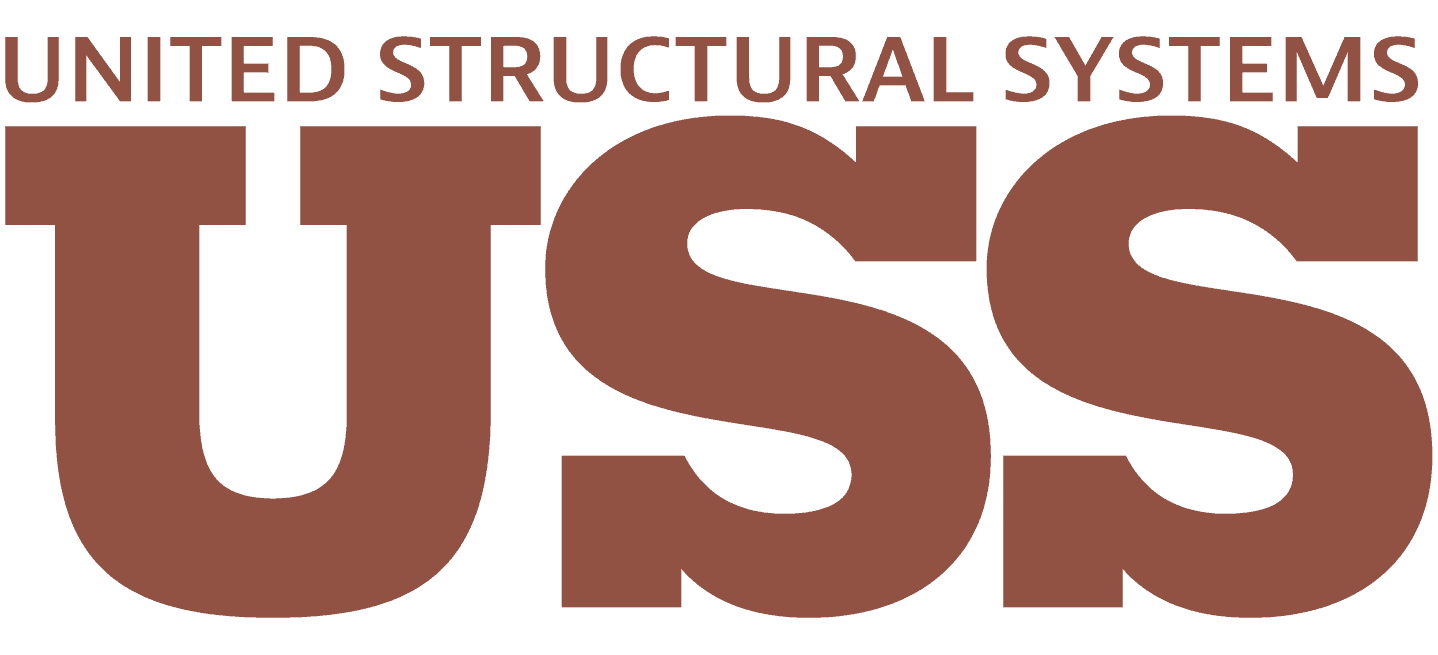
Resources

As a landlord, you want to ensure that your rental property is safe and comfortable for your tenants. However, moisture problems can be a headache for both you and your renters.
Not only can they lead to structural damage, but they can also cause health issues, such as those triggered by mold and mildew growth. Here are some tips to help you prevent moisture problems in your rental property.
Proper ventilation will help prevent moisture problems. Make sure that your rental property has adequate ventilation systems, such as exhaust fans in the kitchen and bathroom, and a whole-house ventilation system.
Even if these are expenses you didn't expect to take on, they can save you a lot more money in the long run by preventing damage from moisture.
Musty smells can be a sign of high humidity and moisture problems. High humidity can cause condensation, which occurs when water vapor in the air condenses on surfaces such as walls, ceilings, and flooring. Left unaddressed, this can promote mold growth, mildew, and wood rot, which can in turn lead to structural damage, especially in the crawl space.
Consider investing in a humidity meter to monitor the humidity levels in your rental property. Ideally, the humidity levels should be between 30% and 50%. Full encapsulation and dehumidifiers are two proven measures to help control moisture beneath the home, where most humidity problems exist.
Leaks can cause moisture problems and water damage that can lead to expensive repairs. Make sure to fix any leaks promptly, such as a leaking roof or a dripping faucet. Some leaks are not as easy to identify and may need the expertise of a plumber or foundation repair expert to locate the source of moisture near basement walls.
A variety of customized interior and exterior drain systems are designed to help crawl space and basement homes successfully remedy ongoing water leaks. Many of these water drainage systems come with a lifetime guarantee.
Water leaks near a property’s entrance may necessitate a landscaper to regrade the yard. Redirecting the flow of water away from the property is key when seeking to resolve water leaks, especially when the yard slopes toward the home. Leveling the soil, as well as checking the direction and placement of downspouts, will aid in proper drainage and may resolve water leaks near an exterior door.
Moisture-resistant materials, such as mold-resistant drywall and moisture-resistant flooring, can help deter moisture problems in your rental property. While these steps will not fully prevent moisture issues, they can help you as a property manager combat fungal growth, protecting the wood beneath the floors and behind the walls from structural damage.
Regular inspections from a foundation repair and waterproofing professional can help you identify any moisture problems before they become serious. Make sure to inspect your rental property regularly, especially after heavy rainfall or periods of high humidity.
By following these tips, you can help prevent moisture problems in your rental property and help provide a more comfortable living environment for your tenants.
If you are experiencing moisture problems in your rental property, United Structural Systems can help. Our team of experts can assess your property and provide solutions to help control moisture problems.
Contact us today to learn more about our lifetime guaranteed waterproofing drain systems and how you can maintain a property free of water damage.
We offer financing plans, accept major credit cards and personal checks.
Our customer reviews speak for themselves.